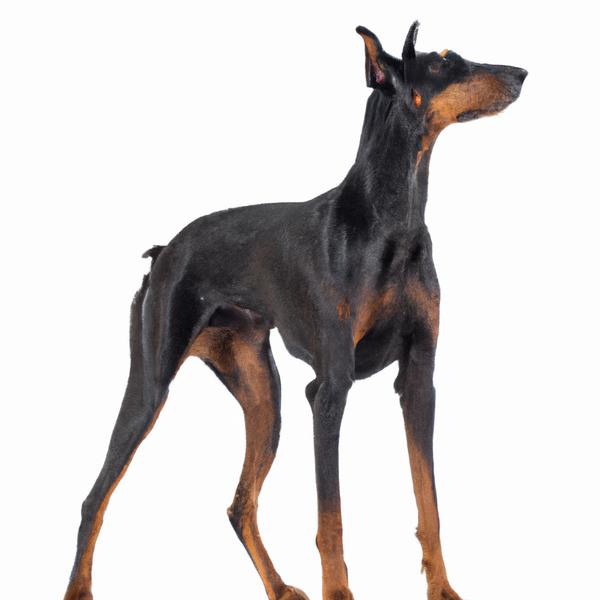Doberman Greyhound vs. Silky Cocker: Breed Differences and Similarities
Hypoallergenic
Are Doberman Greyhounds or Silky Cockers hypoallergenic, or neither?
Unfortunately, neither Doberman Greyhound nor Silky Cocker are hypoallergenic, which may not make them the best choice for dog lovers who suffer from pet allergies.
Temperament
What are the personalities of Doberman Greyhound and Silky Cocker dogs?
Energetic
Alert
Intelligent
Affectionate
Obedient
Loyal
Gentle
Outright
Tempered
Fearless
Quiet
Athletic
Active
Playful
Intelligent
Friendly
Responsive
Docile
Affectionate
Gentle
Tempered
Sweet
Trainable
Quiet
Faithful
Easygoing
Shedding Level
Do Doberman Greyhounds shed more than Silky Cockers, or which breed sheds more, Doberman Greyhounds or Silky Cockers?
Doberman Greyhounds are moderate shedders, but regular brushing can reduce shedding and maintain coat health.
Silky Cockers are low shedding dogs, requiring minimal coat care.
Ancestry
What are the origins of Doberman Greyhound and Silky Cocker breeds?
Doberman Pinscher and Greyhound
Maltese and American Cocker Spaniel
Date of Birth
When were Doberman Greyhound and Silky Cocker breeds first developed?
2000s
Unknown
Eye Color Possibilites
What are the eye colors of Doberman Greyhound and Silky Cocker dogs?
Brown
Brown
Nose Color Possibilites
What are the natural nose colors of Doberman Greyhound and Silky Cocker?
Black
Black
Brown
Coat Color Possibilites
What are the natural colors of the coat for Doberman Greyhound and Silky Cocker breeds?
Fawn
Red
Blue
Black
Brown
Brindle
Black
Red
Cream
Brown
Coat Length
What is the typical coat length for Doberman Greyhound and Silky Cocker breeds?
Doberman Greyhounds have short coats.
Silky Cockers have longer coats compared to most dogs.
Coat Density
What is the density of the coat of Doberman Greyhound and Silky Cocker?
Coat Texture
What is the hair texture of Doberman Greyhound and Silky Cocker?
Straight
Wavy
Litter Size
What is the usual litter size for Doberman Greyhound and Silky Cocker?
A Doberman Greyhound can have a litter of 6-10 puppies on average. However, it's worth noting that the size of the litters can vary greatly. Factors that can influence litter size include the health of the mother, breeding history, and genetics.
A Silky Cocker can have a litter of 6-8 puppies on average. However, it's worth noting that the size of the litters can vary greatly. Factors that can influence litter size include the health of the mother, breeding history, and genetics.
Adaptability
Doberman Greyhound and Silky Cockers are known for their adaptability and versatility. They are capable of adapting well to a wide range of lifestyle changes and living environments, making them great companions for families and individuals of all lifestyles.
Health Issues
Between Doberman Greyhound and Silky Cocker, which breed is more prone to health problems?
Doberman Greyhounds typically have low vet costs due to their good health, but it's important to monitor their health and seek vet care when necessary.
While the Silky Cocker breed is generally healthy, occasional vet check-ups are still necessary to address any health concerns.
Major Concerns
What are the major health concerns for Doberman Greyhound and Silky Cocker breeds?
Hip Dysplasia
Wobbler's Syndrome
Cataracts
Retinal Dysplasia
Seborrhea
Skin Problems
Patent Ductus Arteriosus
Obesity
Minor Concerns
What minor health issues should be kept in mind when owning Doberman Greyhound and Silky Cocker?
Cherry Eye
Bloat
Entropion
Ectropion
Corneal Erosion
Phosphofructokinase Deficiency
Mono/Bilateral Cryptorchidism
Hydrocephalus
Skin Fold Dermatitis
Dental Disease
Portosystemic Shunt
Shaker Dog Syndrome
Occasional Tests
What occasional tests are recommended for Doberman Greyhound and Silky Cocker breeds?
X-Rays
Neurological Examination
Blood Tests
X-Rays
Dental Examination
Physical Examination
Eye examination
Blood Tests
Social Needs
Doberman Greyhound vs Silky Cocker social needs comparison
Doberman Greyhound has average social needs and is less independent than other breeds.
Silky Cocker has very high social needs and requires regular mental and physical stimulation, a job or purpose, and companionship.
Sleeping Need
Which of the two sleeps the most/least: Doberman Greyhound or Silky Cocker?
Doberman Greyhounds are known for their relaxed and calm nature and enjoy long periods of sleep.
Silky Cockers sleep less than other breeds but still need adequate sleep for good health.
Mouthiness
Mouthiness Comparison: Doberman Greyhound vs Silky Cocker?
Roaming urge
Doberman Greyhound vs Labrador: Running away tendency?
Prey Drive
Doberman Greyhound or Silky Cocker - which breed has a higher level of prey drive?
Past times
What are some enjoyable activities and ways to keep Doberman Greyhound and Silky Cocker entertained?
Fetch, Swim, Run, Playdate, Dog Parks, Catch treats, Walk, Cuddling, Bike ride, Hiking, Camping, Chase
Walk, Playing
Activity Level
Which breed has higher energy, Doberman Greyhounds or Silky Cockers?
Doberman Greyhounds are high-energy dogs. They need mental as well as physical exercise. These dogs require a lot of your involvement and without it they can, and will, become problematic dogs.
Silky Cockers are medium-energy dogs and typically enjoy socializing and playing casual or even sustained games of chase with other dogs. They may also have occasional periods of barking or racing around the house.
Tolerance of being left alone
Walks per Week
How many miles should Doberman Greyhound or Silky Cocker walk each week?
There's really no limit to how far you walk your dog as long as they're comfortable. For Doberman Greyhound, it's at least 12 miles / week. Just remember to build distance and stamina gradually over time.
There's really no limit to how far you walk your dog as long as they're comfortable. For Silky Cocker, it's at least 7 miles / week. Just remember to build distance and stamina gradually over time.
Activity per Day
Do Doberman Greyhounds or Silky Cockers require more exercise?
Both Doberman Greyhound and Silky Cocker typically require a minimum of 60 minutes of exercise each day. The exercise can be spread throughout the day and may involve high-energy activities like walking, running, and playing.
Grooming
Which breed is easier to maintain in terms of grooming, Doberman Greyhounds or Silky Cockers?
The Doberman Greyhound has low grooming needs and is easy to maintain.
The Silky Cocker requires an average amount of grooming compared to other breeds.
Brushing Frequency
What is the recommended brushing frequency for Doberman Greyhound and Silky Cocker dogs?
Doberman Greyhound should be brushed at least once a week. Of course you can give them more frequent brushes if you find that they are still shedding a lot
Ideally, Silky Cocker should be brushed at least 2 or 3 times a week (preferably daily) improve shedding.
Brushing Tools
What brushing tools are used for Doberman Greyhounds and Silky Cockers?
Slicker Brush
Nail Clipper
Slicker Brush
Comb
Deshedder
Nail Clipper
Cups
How much food should be given to Doberman Greyhound or Silky Cocker in cups?
For an average 65-85 pound (29 - 39 kg) Doberman Greyhound feed 3 cups daily. But, keep in mind, the amount you feed is going to be dependent on the quality of the food you are feeding.
For an average 14-18 pound (6 - 8 kg) Silky Cocker feed 1 cups daily. But, keep in mind, the amount you feed is going to be dependent on the quality of the food you are feeding.
Daily Cost
Which breed has a higher daily cost, Doberman Greyhound or Silky Cocker?
The average cost of a Doberman Greyhound is somewhere $2.10 - $2.70 per day.
The average cost of a Silky Cocker is somewhere $1.10 - $1.40 per day.
Monthly Cost
Which breed has a higher monthly cost, Doberman Greyhound or Silky Cocker?
The average per month expenses of a Doberman Greyhound is between $55 - $73. This makes an average of $660 - $876 per year. It will be on the higher side when the dog is still small because it will need more frequent visits to the vet, shots.
The average per month expenses of a Silky Cocker is between $35 - $42. This makes an average of $420 - $504 per year. It will be on the higher side when the dog is still small because it will need more frequent visits to the vet, shots.
Sensitivity Level
How do Doberman Greyhound and Silky Cocker compare in sensitivity?
These dog breeds are particularly attuned to its environment and the emotions of those around it. Doberman Greyhound and Silky Cocker can be easily overwhelmed by loud noises, new environments, unfamiliar people, or animals. This dog breed is best suited for individuals or families who are patient, gentle, and understanding of its sensitive nature. It may also benefit from a calm and stable home environment, with a consistent routine and plenty of positive reinforcement training.
Apartment Friendly
Which breed is more apartment-friendly: Doberman Greyhound or Silky Cocker?
Doberman Greyhounds and Silky Cockers are known for being excellent apartment dogs. They are fairly active indoors and will do okay without a yard.
Child Friendly
Do Doberman Greyhounds or Silky Cockers have a friendlier temperament towards children?
Doberman Greyhounds are good with kids if socialized and trained from a young age.
Silky Cockers make excellent family pets for kids due to their gentle, protective nature and calm temperament.
Senior-friendly
Which dog is more suitable as a pet for the elderly - Doberman Greyhound or Silky Cocker?
Cat Friendly
Do Doberman Greyhound or Silky Cocker breeds have a better compatibility with cats?
Doberman Greyhounds are average in their friendliness toward cats and tend to do well with them, especially if raised together.
Silky Cockers are very friendly with cats and make great companions for them.
Dog Friendly
Which breed is more sociable with other dogs: Doberman Greyhound or Silky Cocker?
Doberman Greyhounds are friendly and active companions, and can be good family pets, though their friendliness towards other dogs may vary.
Silky Cockers are generally very friendly towards other dogs, with a happy and affectionate temperament.
Pet friendly
How do Doberman Greyhound or Silky Cocker dogs interact with other pets?
Stranger Friendly
Which breed is more friendly with strangers: Doberman Greyhound or Silky Cocker?
Doberman Greyhounds are averagely friendly around strangers but benefit from early socialisation.
Silky Cockers are friendly but may bark at strangers, and training is easy due to their intelligence.
Playfulness
Which breed is more playful between Doberman Greyhound and Silky Cocker?
Doberman Greyhounds have an average level of playfulness, enjoying playtime like most dogs but not excessively so.
Silky Cockers are a playful breed that needs daily playtime to be happy.
Trainability
How do the trainability levels of Doberman Greyhounds and Silky Cockers compare?
Doberman Greyhound and Silky Cocker dogs are known for their ease of training and ability to learn quickly, making them a popular choice for pet owners and trainers alike.
Compare Doberman Greyhound with other breeds
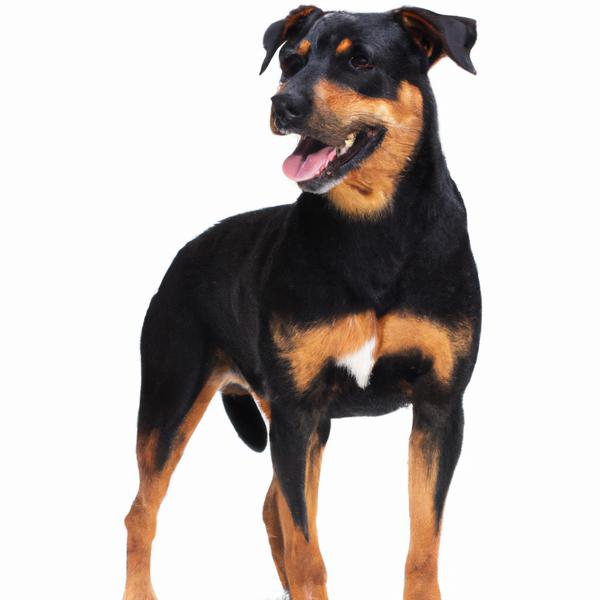
Jackweiler
Doberman Greyhound vs Jackweiler
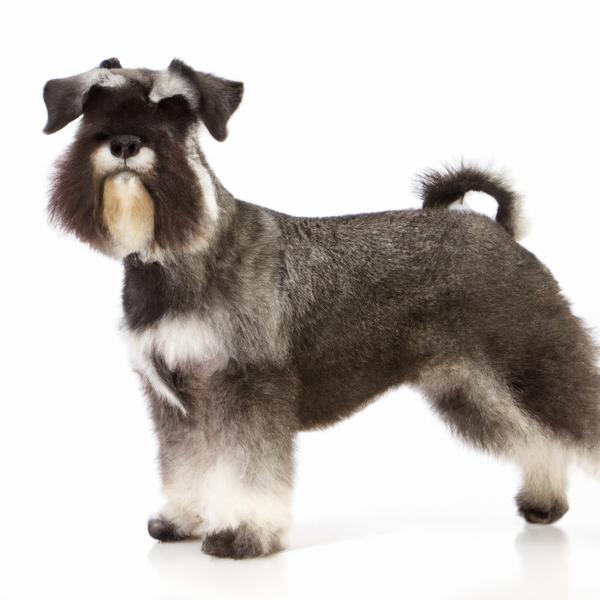
Schnau-Tzu
Doberman Greyhound vs Schnau-Tzu
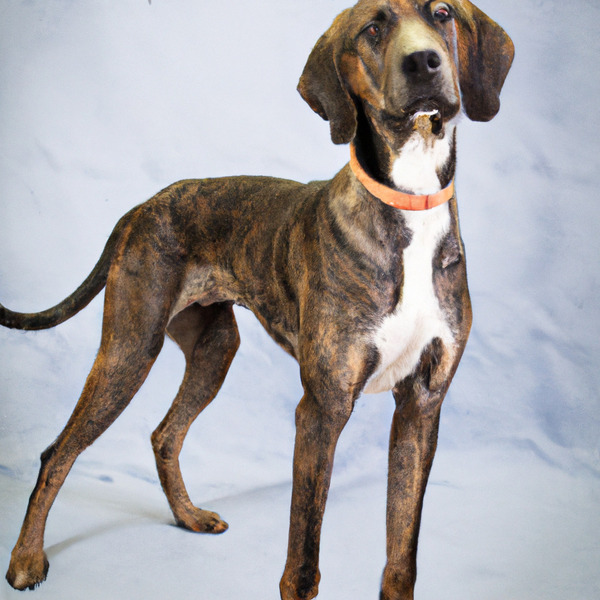
Plott Hound
Doberman Greyhound vs Plott Hound

Miniature Bulldog
Doberman Greyhound vs Miniature Bulldog
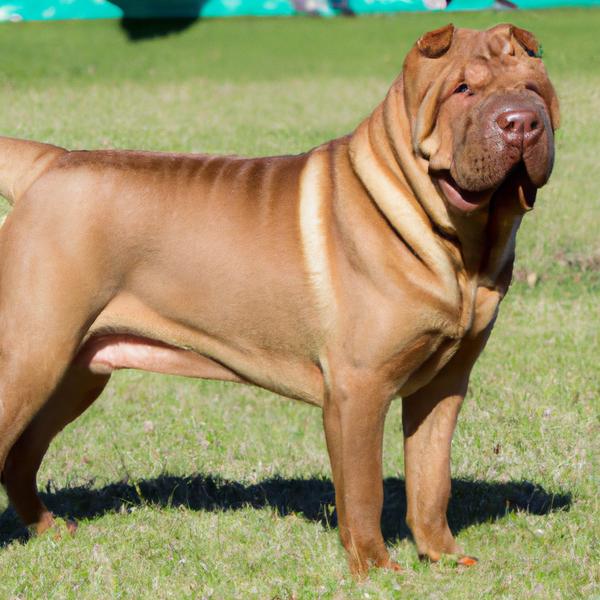
Clumber Pei
Doberman Greyhound vs Clumber Pei
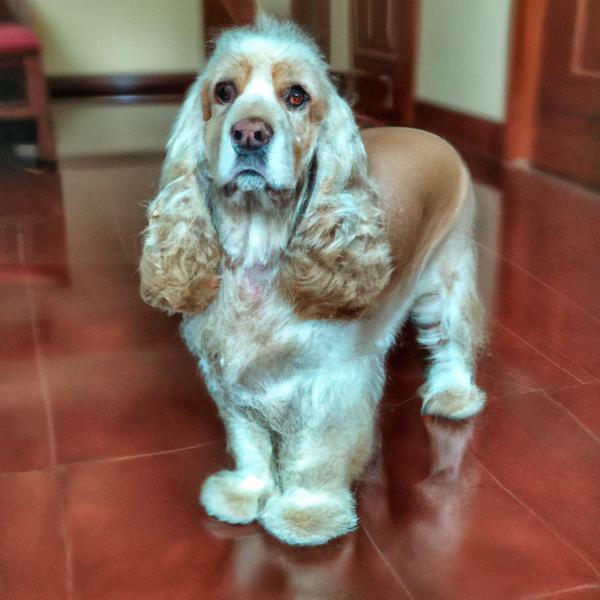
Silky Cocker
Doberman Greyhound vs Silky Cocker
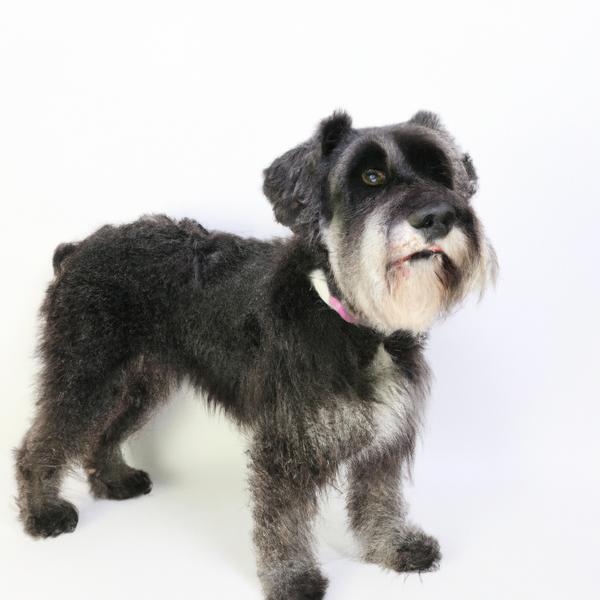
Mini Bolonauzer
Doberman Greyhound vs Mini Bolonauzer
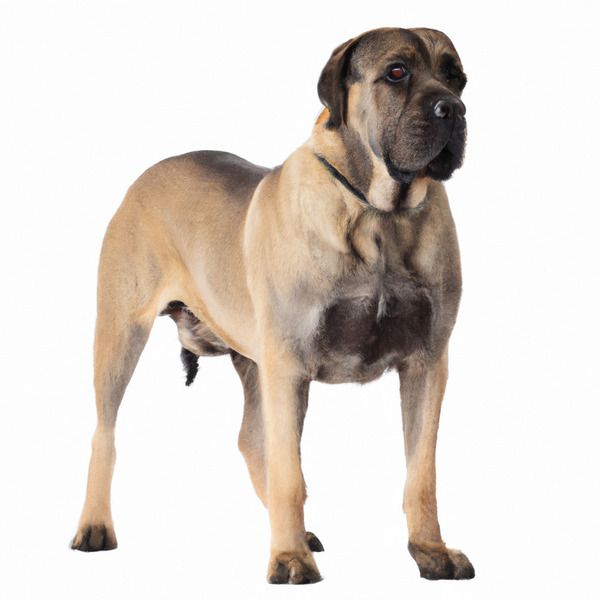
Mastador
Doberman Greyhound vs Mastador
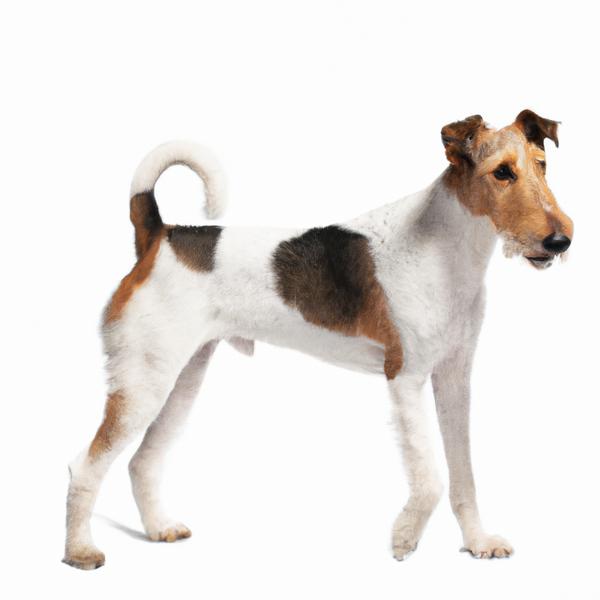
Smooth Fox Terrier
Doberman Greyhound vs Smooth Fox Terrier
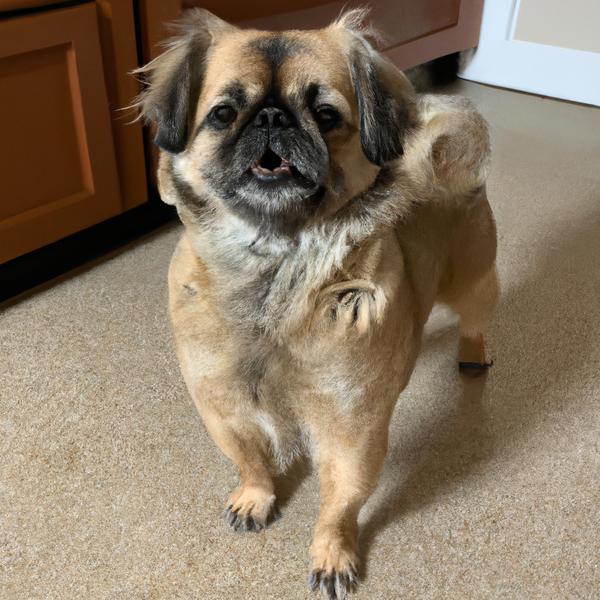
Tibetan Pug
Doberman Greyhound vs Tibetan Pug
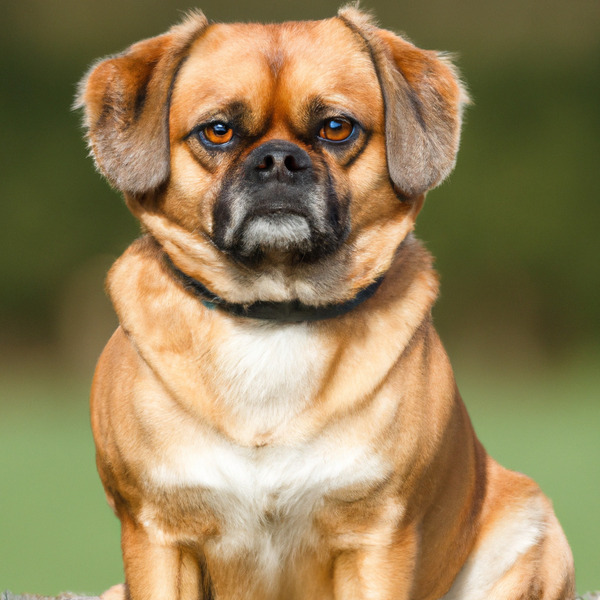
Pugalier
Doberman Greyhound vs Pugalier
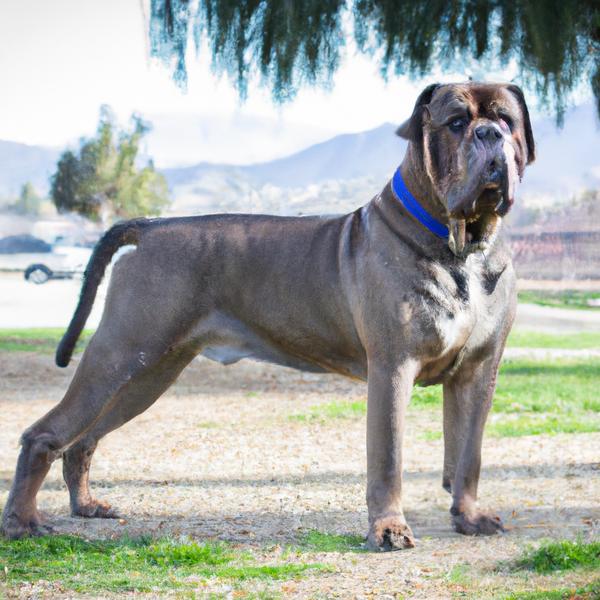
Muscle Mastiff
Doberman Greyhound vs Muscle Mastiff
